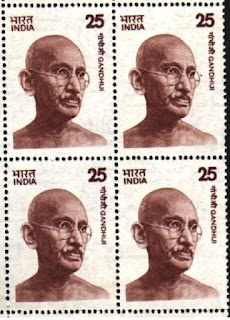Mahatma Gandhi was released from jail, ending eight months of
imprisonment for his campaign of civil disobedience against British
rule. To avoid demonstrations, Gandhi was released late in the evening
from the Yerewada jail and put on a night train to Bombay. There was hope
in British circles that the release of Gandhi would end the strife and
lead to discussions of dominion status. Gandhi made clear, however, that
he would persist in his civil disobedience campaign.










